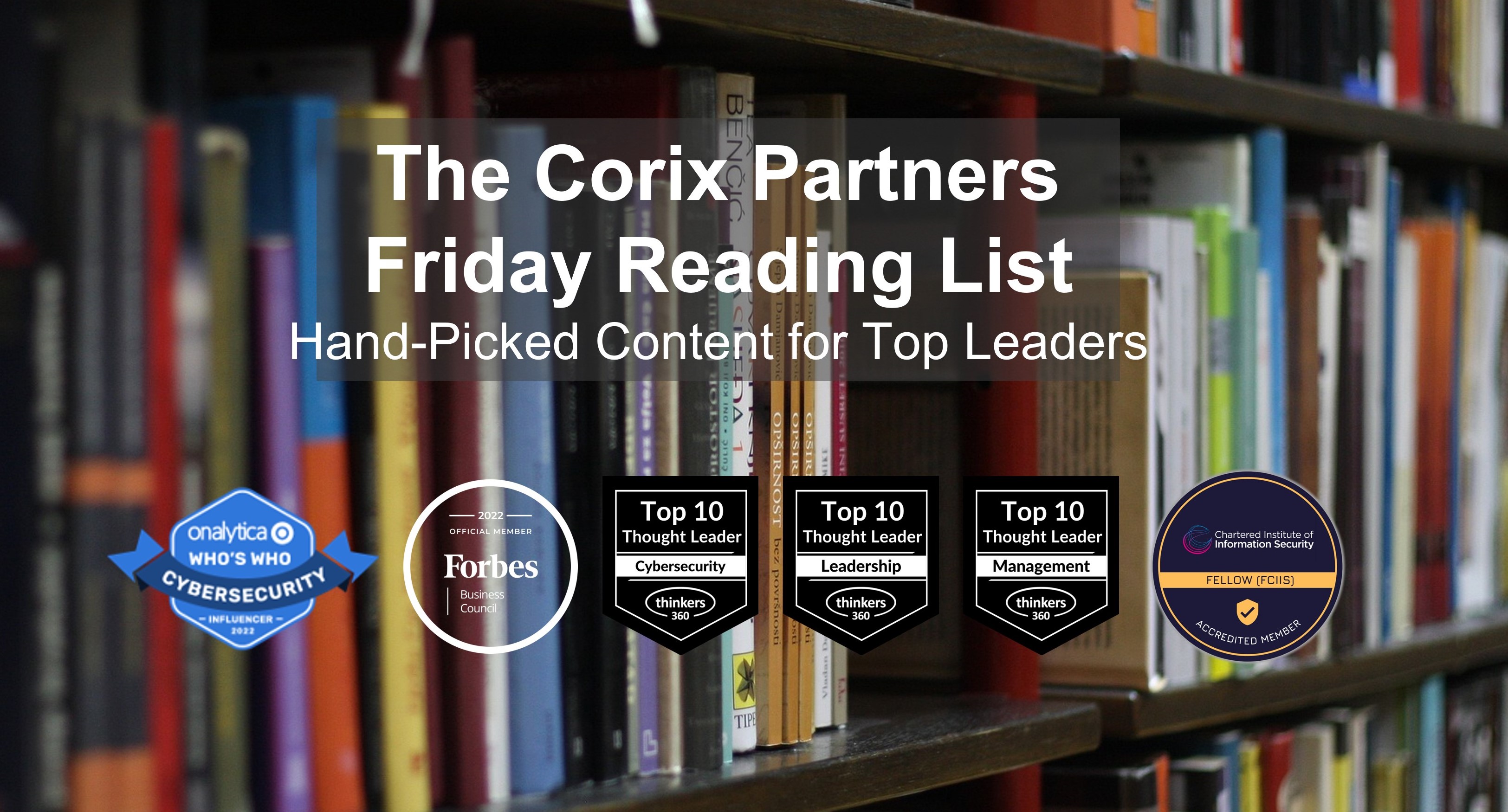Jul04

In the crowded landscape of modern business, standing out is more critical than ever. Enterprises are often trapped in a relentless pursuit of benchmarks and best practices, leading to a homogeneous market where true differentiation becomes elusive. This challenge is at the heart of Youngme Moon's influential book, "Different: Escaping the Competitive Herd." Moon, a professor at Harvard Business School, presents a compelling argument for businesses to break away from the competitive pack by embracing distinctiveness.
Moon's central thesis is that the conventional wisdom of striving for "better" within the same framework as competitors leads to a zero-sum game. In their quest to outperform one another, companies often offer similar products with marginal improvements, thus creating a competitive herd. This approach not only limits genuine innovation but also dilutes brand identity.
Instead, Moon advocates for a paradigm shift towards "different." She argues that businesses should focus on creating unique value propositions that resonate deeply with specific customer segments. This involves deliberately diverging from industry norms and cultivating a distinctive market presence.
One of the book's key insights is the concept of "different" as a strategic choice rather than an accidental outcome. Moon emphasizes that differentiation should be intentional and woven into the fabric of a company’s strategy. This involves making bold decisions that may initially seem counterintuitive or risky but ultimately carve out a unique space in the market.
For instance, Moon highlights companies like IKEA and Apple, which have successfully differentiated themselves by defying industry conventions. IKEA’s self-service model and minimalist design philosophy set it apart in the furniture industry, while Apple's focus on sleek design and user experience revolutionized consumer electronics. These companies didn't just aim to be better than their competitors; they chose to be different in ways that mattered to their customers.
A crucial aspect of escaping the competitive herd is rethinking how value is created and delivered. Moon encourages businesses to challenge assumptions about customers' wants and how they use products. By exploring unconventional approaches and listening closely to customer feedback, companies can uncover unmet needs and desires that their competitors need to look into.
For example, Southwest Airlines' success can be attributed to its focus on a no-frills, low-cost model that appeals to budget-conscious travellers. This approach diverged sharply from the traditional airline industry's emphasis on luxury and service, allowing Southwest to attract a loyal customer base that valued affordability and efficiency over premium amenities.
Innovation plays a pivotal role in Moon's framework for differentiation. However, she argues that innovation should not be confined to technological advancements or product features. Instead, it should encompass every aspect of the business, from branding and marketing to customer service and organizational culture.
Moon points to the rise of boutique hotels as an example of innovation in an industry dominated by large chains. Boutique hotels offer personalized experiences, unique designs, and a sense of exclusivity that appeals to travellers seeking more than just a place to stay. This innovative approach redefined a hotel's potential, attracting a niche market that valued individuality and character.
Creating a distinctive brand requires more than just strategic choices; it demands a cultural shift within the organization. Moon underscores the importance of fostering a culture that embraces creativity, risk-taking, and a willingness to challenge the status quo. This involves empowering employees to think differently, experiment with new ideas, and continuously seek ways to enhance the customer experience.
Leaders play a critical role in shaping this culture. By championing the values of differentiation and encouraging a continuous improvement mindset, they can inspire their teams to pursue bold, innovative solutions that set the company apart.
In "Different: Escaping the Competitive Herd," Youngme Moon provides a thought-provoking blueprint for businesses seeking to break free from the constraints of conventional competition. By embracing distinctiveness, redefining customer value, and fostering a culture of innovation, companies can escape the competitive herd and carve out a unique and sustainable market position.
Moon’s insights are particularly relevant in today’s fast-paced, ever-changing business environment, where standing out is not just an advantage but a necessity. For leaders and entrepreneurs looking to navigate this landscape, "Different" offers valuable guidance on thinking creatively, acting boldly, and ultimately achieving lasting success by being truly different.
Visualise Solutions helps medium-sized businesses innovate and make measurable progress towards their business outcomes so their companies thrive.
Elevate your business results with expert innovation and strategy, including advanced business model innovation, effective OKR, and balanced scorecard frameworks.
You can learn more by contacting us now.
By Andrew Constable MBA, LSSBB
Keywords: Business Strategy, Innovation, Leadership
 Friday’s Change Reflection Quote - Leadership of Change - Change Leaders Cultivate a Customer-Centric Mindset
Friday’s Change Reflection Quote - Leadership of Change - Change Leaders Cultivate a Customer-Centric Mindset Celebrating Birthdays: A Simple Way to Make Your Team Feel Special
Celebrating Birthdays: A Simple Way to Make Your Team Feel Special The Corix Partners Friday Reading List - July 5, 2024
The Corix Partners Friday Reading List - July 5, 2024 Escaping the Competitive Herd
Escaping the Competitive Herd Purpose: From Performative Gestures to Strategic Value Creation
Purpose: From Performative Gestures to Strategic Value Creation